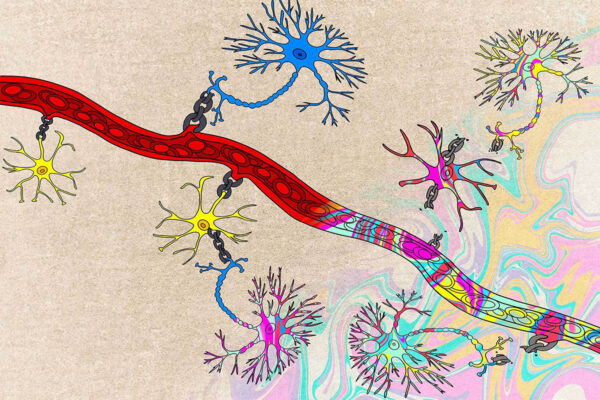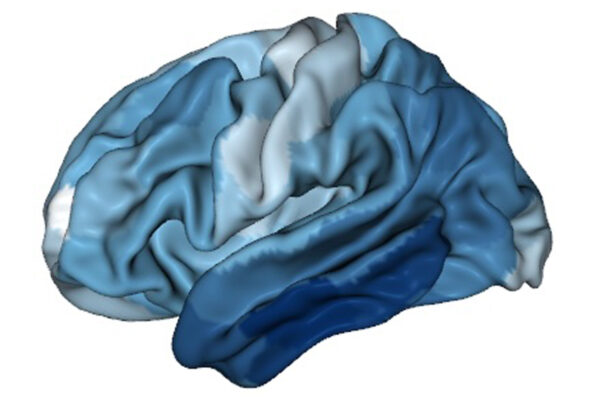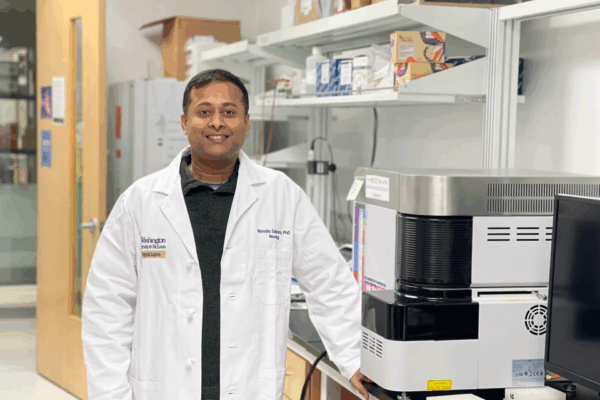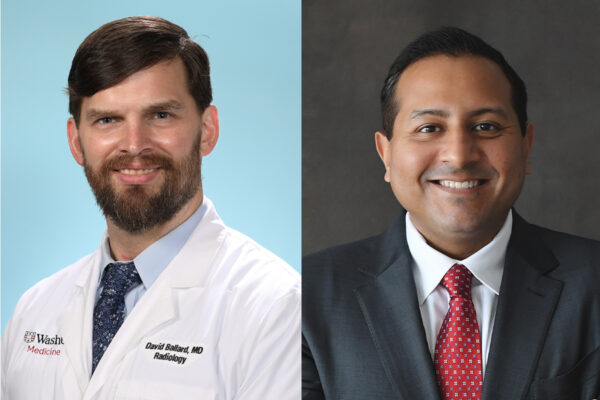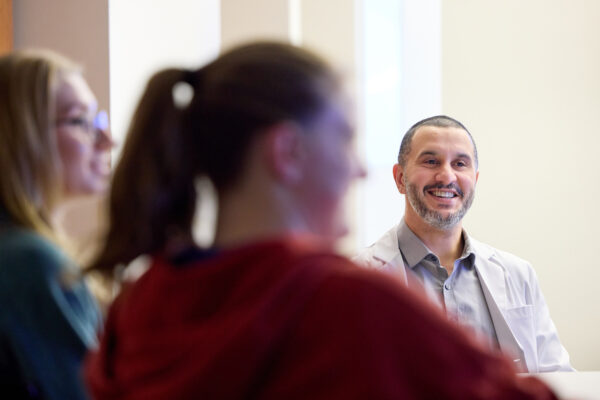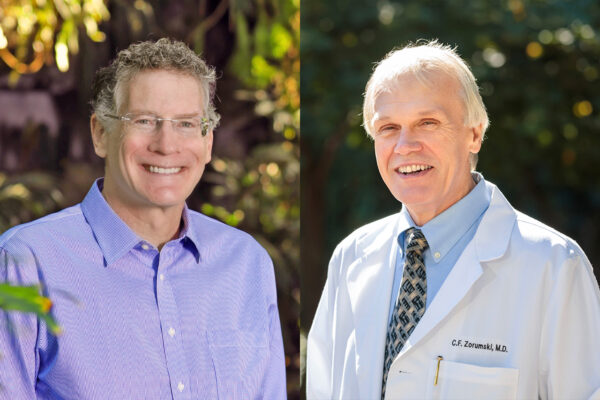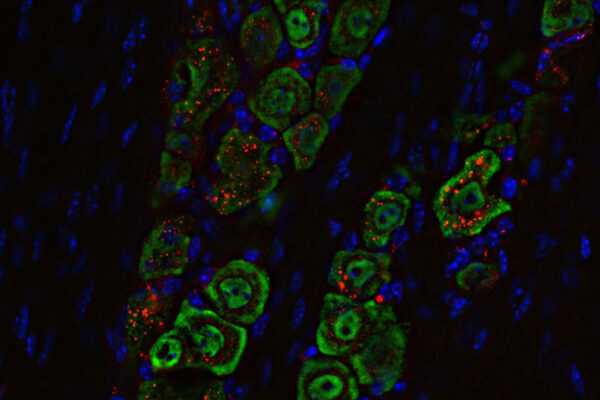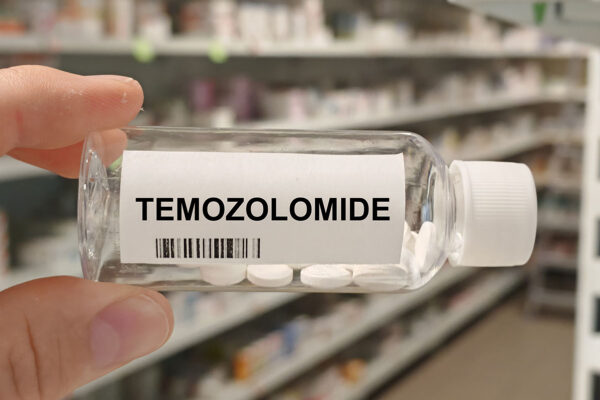Silva, Yang named fellows of National Academy of Inventors
The National Academy of Inventors has elected two Washington University in St. Louis faculty members to its 2025 cohort of fellows: Jennifer N. Silva, MD, and Lan Yang.
Psychedelics disrupt normal link between brain’s neuronal activity and blood flow
WashU Medicine researchers show that psychedelic compounds such as psilocybin appear to distort the link between blood flow and brain-cell functioning, which scientists use to track brain activity.
$5 million for brain development and Alzheimer’s degeneration study
Researchers at WashU Medicine Mallinckrodt Institute of Radiology have received a $5 million grant from the National Institutes of Health (NIH) to study how patterns of brain aging and degeneration mirror early-life experiences.
T cells found in tonsils differ in key ways from those in blood
Naresha Saligrama, of WashU Medicine, led a multi-institution team that uncovered important differences between human T cells that live in specific tissues and T cells found in the blood, with major implications for future research and diagnostics.
$3.2 million grant funds research on computational AI in fistulizing Crohn’s disease
With a joint award from the Helmsley Charitable Trust, WashU Medicine and Emory University researchers will develop artificial intelligence software tools to improve diagnosis and treatment of a common complication of Crohn’s disease.
Amjad Musleh
In his role as head student coach at WashU Medicine, Amjad Musleh, MD, an associate professor of anesthesiology and of emergency medicine, mentors aspiring physicians in compassionate care.
Losos, Zorumski receive faculty achievement awards
Jonathan B. Losos, PhD, and Charles F. Zorumski, MD, are the recipients of Washington University in St. Louis’ 2025 faculty achievement awards, according to Chancellor Andrew D. Martin. They were among several people recognized during WashU’s annual Founders Day celebration.
Alternative sweetener sorbitol linked to liver disease
A study from researchers at Washington University in St. Louis has found connections between the alternative sweetener sorbitol and liver disease.
Nasal drops fight brain tumors noninvasively
Researchers at WashU Medicine have developed a nano-sized medicine delivered through the nose that boosts the anti-cancer immune response and successfully eliminates deadly brain tumors in mice.
Timing may be key to effective cancer treatments
Researchers at Washington University in St. Louis found that the timing of biopsy can affect how doctors diagnose tumors and when those cancers may be more sensitive to chemotherapy.
View More Stories

